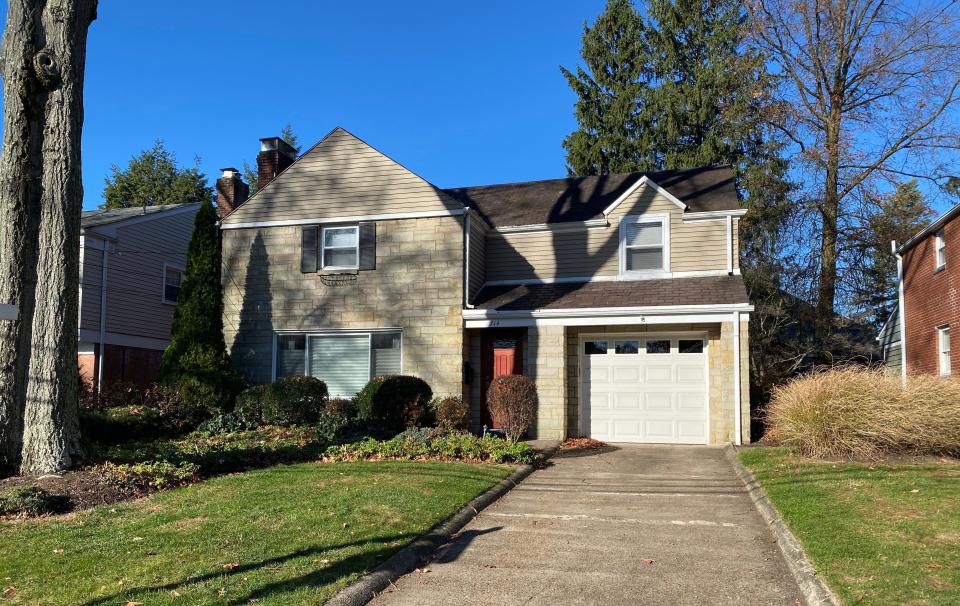Senior Freeze program expands requirements. If you haven't qualified earlier, you may now.
The state's Senior Freeze property tax relief program has expanded requirements for the 2023 filing season.
So, if you haven't qualified previously, the next round of relief may pertain to you.
These two changes, signed into law in June, revised the program. Beginning with the 2023 filing season, the law:
Increases the income limit to $150,000.
Eliminates the requirement that an applicant must be a New Jersey resident for 10 consecutive years.
What is the Senior Freeze program?
The Senior Freeze program reimburses eligible senior citizens and people with disabilities for property tax increases on their principal home. It also reimburses mobile home park site fees to qualified candidates.
Called Property Tax Reimbursement, the program sends out annual checks to more than 150,000 recipients to offset increases in their local property tax bills, ultimately “freezing” those bills, hence the nickname "Senior Freeze."
Generally, the program finds eligible New Jersey residents who:
Are 65 or older.
Receive Social Security disability payments.
For specifics about the requirements, go to NJ.gov/treasury.

State business: Murphy signs key change to bring Netflix to Fort Monmouth, make NJ 'Hollywood of the East'
What is the income limit for Senior Freeze?
The income limit was raised $50,000 in this last iteration to $150,000.
Previously, the total income for a household was $94,178 or less for 2021 reimbursements and $99,735 or less for 2022.
This article originally appeared on Asbury Park Press: New Jersey Senior Freeze property tax relief program changes rules

